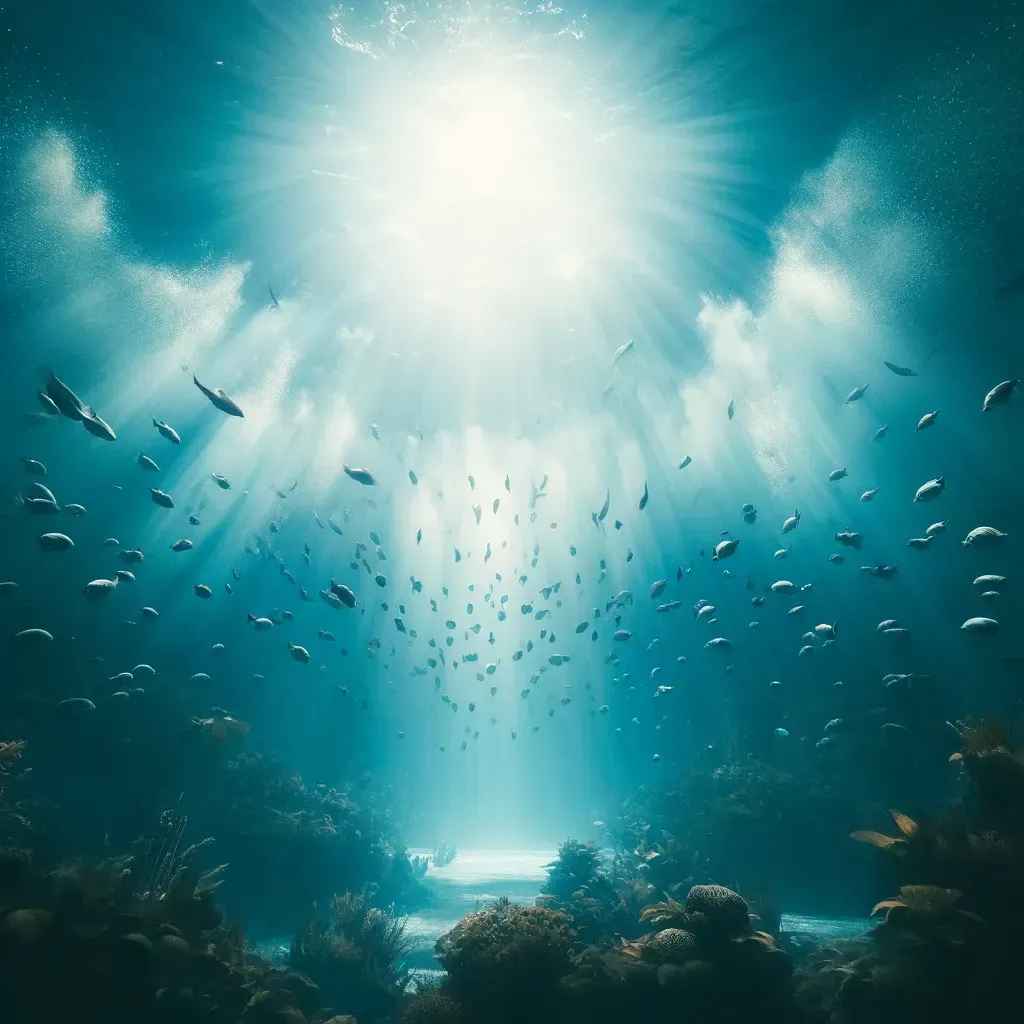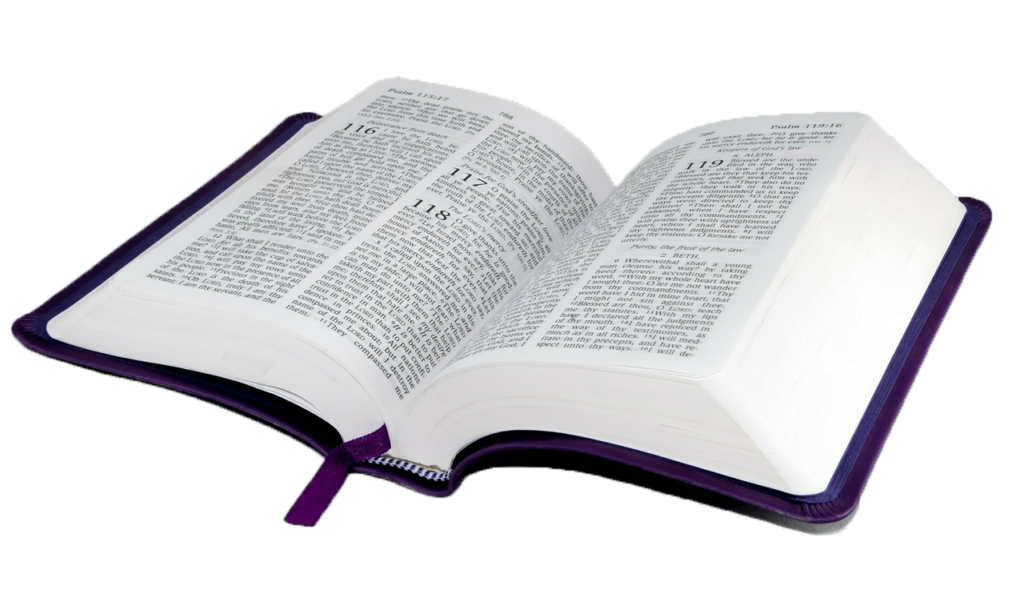
The Fish in the Sea
Nothing in all nature is so lovely and so vigorous, so perfectly at home in its environment, as a fish in the sea. It’s surroundings give to it a beauty, quality, and power which is not its own. We take it out, and at once a poor, limp dull thing, fit for nothing, is gasping away its life. So the soul sunk in God, living the life of prayer, is supported, filled, transformed in beauty, by a vitality and a power which are not its own. The souls of the saints are so powerful because they are thus utterly immersed in the Spirit: their whole life is a prayer. The Life in which they live and move and have their being gives them something of its own quality. So long as they maintain themselves within it, they are adequate to its demands, because fed by its gifts. This re-entrance into our Origin and acceptance of our true inheritance is the supernatural life of prayer, as it may be experienced by the human soul. Far better to be a shrimp within that ocean than a full-sized theological whale cast upon the shore.
EVELYN UNDERHILL
To live the life of prayer is to be part of a whole environment to which we become ever more acclimatised. It is a growing to be more and more at home within the divine presence that we recognise in the universe. We reach a stage when we are perfectly at home in this divine environment as the fish within the sea. This image points to the fact that as we become from more open to the environment in which we dwell, we receive from it a beauty, quality and a power that we do not possess in our own right. What is happening is that we are being drawn more and more into that Reality from which our life takes its real meaning. We are coming to live in the Father, and now He begins to care solicitously for all that we need. We have become in the life of prayer like a child in the womb which draws its nourishment and its needs from the matrix in which it lives. We now live quite naturally the divine life which in the beginning we found so difficult to incorporate into our life, and we have accomplished that integration which as a beginner we were not able to achieve.
The Image emphasises what we receive from the environment in which we live: vitality and power in all that we do. We receive vitality because the environment in which we now live when we pray is the divine life itself; it is that life to which we have been naturally directed, and now as we exist within it, we receive from it all that is necessary to give our life the vitality: to which it is naturally directed. We are like the branches of the vine that draw whatever is needed from the vine which is Christ. In living the life of prayer we have found the home to which our heart is naturally directed. The second thing that we receive from our environment of prayer is power. This stems from the fact that the divine life in which we exist and have our being is the very Spirit of the Father himself. In this Spirit we have the power to do whatever is demanded of us by the Father. Both these gifts of the environment, vitality and power, suggest that life here is not just an idle receiving or personal enjoyment; it is a preparation for service.
The fish is not simply contained within the sea: it lives there. So we too do not exist passively within this divine milieu: we continue to live. This matrix which enriches our life develops the individuality and uniqueness given to each one of us by the Father. This enrichment of life is directed towards service, a service that we might designate as the apostolate of prayer. We need to help others to come to know the riches that can come to their lives through a deepening of their life of prayer. If we reflect faithfully what we receive from this divine matrix others cannot help but be impressed and drawn to the beauty, vitality and power that manifests itself through us. The christian mystery has been handed down through the centuries not simply by word of month but within the framework of this whole milieu of prayer. It can only be handed on effectively to people in the world today when those who proclaim it actually live within it, and reflect it as it really is.
The beauty and vigour of the fish is lost when it is removed from its environment. It is not simply less at home; it is not at home at all, and it dies. When we remove ourselves from the realm of prayer, and only we can do it, we die as does the fish. However, the death that we die is not a physical one so that mortal life comes to an end. Rather we die in the sense that we enter into a new way of life which leaves behind that natural divine life for which we were created. Without prayer we lose touch with the source of life, and we deliberately exclude from our human existence that deeper level of reality which gives it its real meaning. To remove ourselves from the life of prayer is not simply to lessen a particular dimension of our way of life; it is to remove a whole way of existing. We, therefore, must maintain the life of prayer and, even though we come to a stage where the Father does for us all that needs to be done, we must maintain that attitude of complete openness and self-giving that has come to be characteristic of our human existence.
Bishop David Walker

Subscribe to our newsletter!